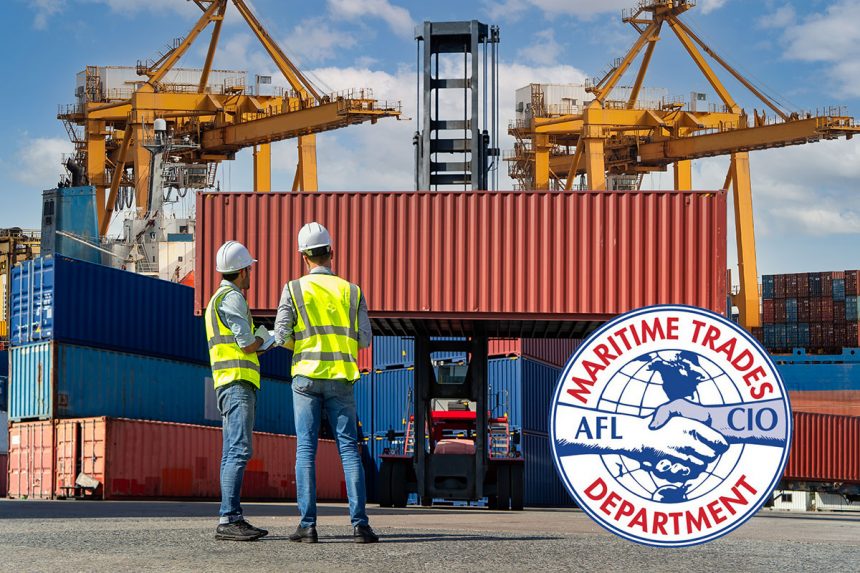Speaking in Brussels on July 13 before negotiators involved in crafting the U.S.-European Union (E.U.) Transatlantic Trade and Investment Partnership (TTIP) trade pact, the London-based International Transport Workers’ Federation (ITF) stated forcefully that cabotage laws should not be included.
“There is no reason for either side in TTIP to seek access to the other’s domestic cabotage regimes or to restrict measures by either party to grow their national first registers and national seafaring jobs,” proclaimed ITF Seafarers’ Section Secretary Jon Whitlow.
“And therefore, since access to the international maritime trades on both sides of the Atlantic is already open, there is no reason for the European Commission to continue to call for a maritime services chapter in TTIP,” Whitlow added.
The ITF represents more than 700 transportation-related unions from about 150 nations. The MTD and several of its affiliates work closely with the ITF on campaigns around the world.
The MTD continues to be very involved in the never-ending fights to preserve the Jones Act, the freight cabotage law for the United States. Earlier this year, it worked with its port councils, fellow maritime unions and U.S.-flag companies to beat back the latest attack when some members of Congress tried to exclude Puerto Rico from Jones Act coverage.
Last year, the MTD stood with its Canadian affiliates and port councils to call attention to the Canadian-E.U. Comprehensive Economic and Trade Agreement (CETA) in which Canadian cabotage was attacked. Currently that trade pact is on hold, but the MTD, its affiliates and its port councils as well as the ITF continue to monitor any efforts to resurrect the measure.
In his remarks, Whitlow noted the attempt to go after Canadian maritime jobs through CETA.
Whitlow called on the negotiators to “include a strong, legally binding labor chapter, with recognition of [International Labor Organization] global labor standards as minimum standards and E.U. and U.S. standards on social and labor rights and should exclude transport from the scope of negotiations.”
He called out European negotiators for their attempts to circumvent cabotage laws “despite the clear success and valid economic and security reasons for national domestic maritime policies – including cabotage.” He pointed out many European nations have second registries – which allows mariners from non-traditional maritime countries to crew such vessels thus circumventing the labor and safety laws of national registry. Also, he said eliminating cabotage laws and including maritime in international pacts could allow far more flag-of-convenience (or runaway-flag) shipping.
Afterwards, ITF President Paddy Crumlin stated, “The ITF and its unions are committed to defending cabotage, which is in operation in 47 nations.
“We are on record as pointing out that failing to protect cabotage undermines sovereignty and has national security implications. It also has serious economic implications for maritime regions and communities,” concluded Crumlin, who also serves as the General Secretary of the Maritime Union of Australia which has been fighting its government’s attempts to destroy Australia’s cabotage laws.

